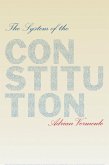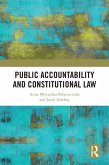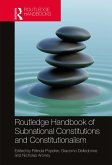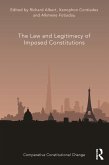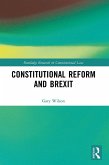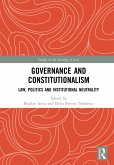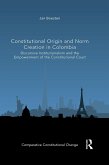Constitutional 'losers' represent a thorny and longstanding problem in American constitutional law. Given our adversarial system, the way that rights cases are decided means that regardless of whether a losing side has committed any actions that cause harm to others, they typically suffer unnecessary harm as a consequence of decisions. In areas such as affirmative action and gay rights, the losers are essentially punished for losing despite neither intending nor causing injury. In
Losing Twice, Emily Calhoun draws upon conflict resolution theory, political theory, and Habermasian discourse theory to argue that in such cases, the Court must work harder to avoid inflicting unnecessary harm on Constitutional losers. But for this to happen, Calhoun contends, the role of judges needs to be reconceptualized. She contends that the Court should not perceive itself simply as an adversarial forum, but also as a 'transactional' one, where losers are not simply losers but participants in a process capable of addressing and ameliorating the effects that come with loss. Filled with lucid discussions of well known cases,
Losing Twice offers an intellectually powerful argument for transforming the decision-making process in Constitutional rights disputes.
Dieser Download kann aus rechtlichen Gründen nur mit Rechnungsadresse in A, B, BG, CY, CZ, D, DK, EW, E, FIN, F, GR, HR, H, IRL, I, LT, L, LR, M, NL, PL, P, R, S, SLO, SK ausgeliefert werden.



